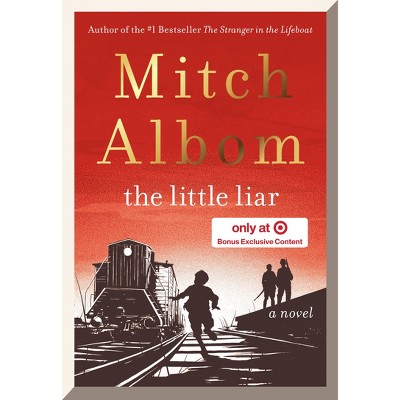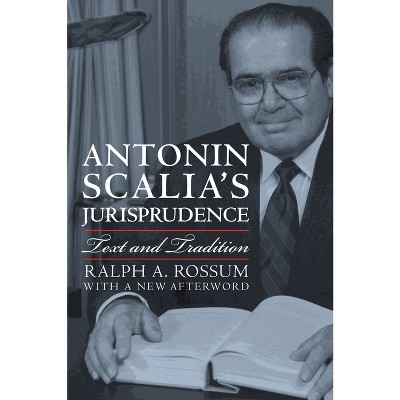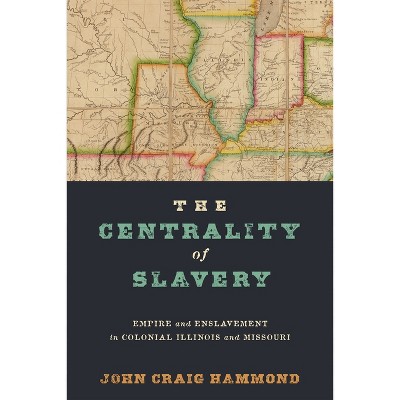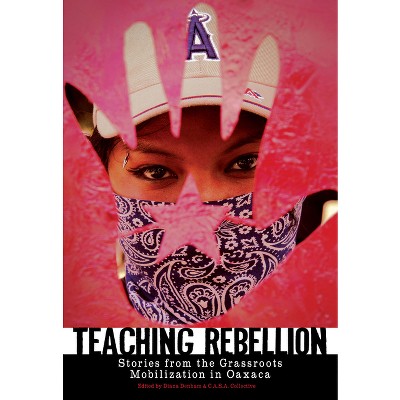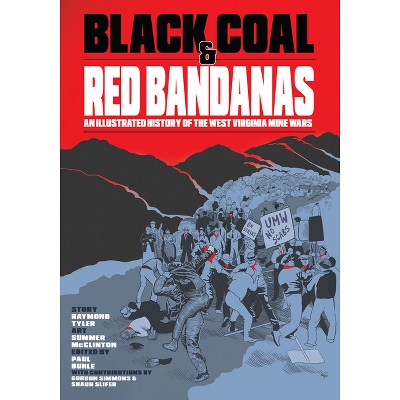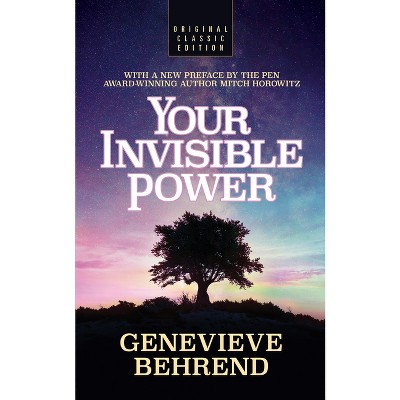Sponsored

The Bootleg Coal Rebellion - by Mitch Troutman (Paperback)
In Stock
Sponsored
About this item
Highlights
- Told with great intimacy and compassion, The Bootleg Coal Rebellion uncovers a long-buried history of resistance and resilience among depression-era miners in Pennsylvania, who sunk their own mines on company grounds and fought police, bankers, coal companies and courts to form a union that would safeguard not just their livelihoods, but protect their collective autonomy as citizens and workers for decades.Community and Labor organizer Mitch Troutman brings this explosive and accessible American tale to life through the bootleggers' own words.
- Author(s): Mitch Troutman
- 288 Pages
- History, United States
Description
Book Synopsis
Told with great intimacy and compassion, The Bootleg Coal Rebellion uncovers a long-buried history of resistance and resilience among depression-era miners in Pennsylvania, who sunk their own mines on company grounds and fought police, bankers, coal companies and courts to form a union that would safeguard not just their livelihoods, but protect their collective autonomy as citizens and workers for decades.
Community and Labor organizer Mitch Troutman brings this explosive and accessible American tale to life through the bootleggers' own words. Scholars, historians, organizers and activists will celebrate this story of the people who literally seized mountains and stood their ground to create the Equalization movement, the miners' union democracy movement, and the Communist-led Unemployed Councils of the anthracite region. This epic story of work, love and community stands as a testament to the power of collective action; a story that is sorely needed as communities today rise to confront neoliberal policies ravaging our planet.
Review Quotes
"Troutman is a gifted storyteller. Combining rich imagery and down-to-earth writing with prudent historical research, he shows us what working class people are capable of when companies push them to the brink of starvation. What the bootleggers endured and accomplished is extraordinary. You'd be hard-pressed to find a better tale of democratic rebellion anywhere, particularly one with so many lessons for today. Modern-day coal barons beware: this book will turn readers into renegades."
-Jamie Longazel, author of Undocumented Fears: Immigration and the Politics of Divide and Conquer in Hazleton, Pennsylvania
"Using local newspapers and oral history interviews, gifted historian Mitch Troutman tells the story of the miners as well as the women, children, storekeepers, truckers, and priests who participated in the bootleg coal rebellion. Great read!"
--Karol Kovalovich Weaver, author of Medical Caregiving and Identity in Pennsylvania's Anthracite Region, 1880-2000
"The most detailed account we have of coal bootlegging in the anthracite region of Pennsylvania in the Depression decade. It shows how unemployed miners took over unused mines, asserting and defending a right to mine and market the coal to support their families. Local government, the courts, and whole communities supported their efforts, writing a remarkable chapter in American labor history. We are in debt to Mitch Troutman for telling this remarkable story."
--Thomas Dublin, Distinguished Professor Emeritus, State University of New York at Binghamton, and author of The Face of Decline: The Pennsylvania Anthracite Region in the Twentieth Century
"It is not a new discovery that 'bootleg' coal was widely mined in Pennsylvania coal fields during the Depression. However, Troutman's wide-ranging research enables him to tell the story with great immediacy, at times almost person by person. We learn how dangerous this improvised mining could be when we are told in detail how often inexperienced young men (and a few women) went forth to scrape what was left off old shafts or seek to open up new veins of coal without being able properly to support the roof under which they dug. We watch as every member of the family of unemployed miners has a task capable of performance at his or her age in the improvised production process."
--Staughton and Alice Lynd
Shipping details
Return details
Frequently bought together

Trending Non-Fiction






Discover more options

